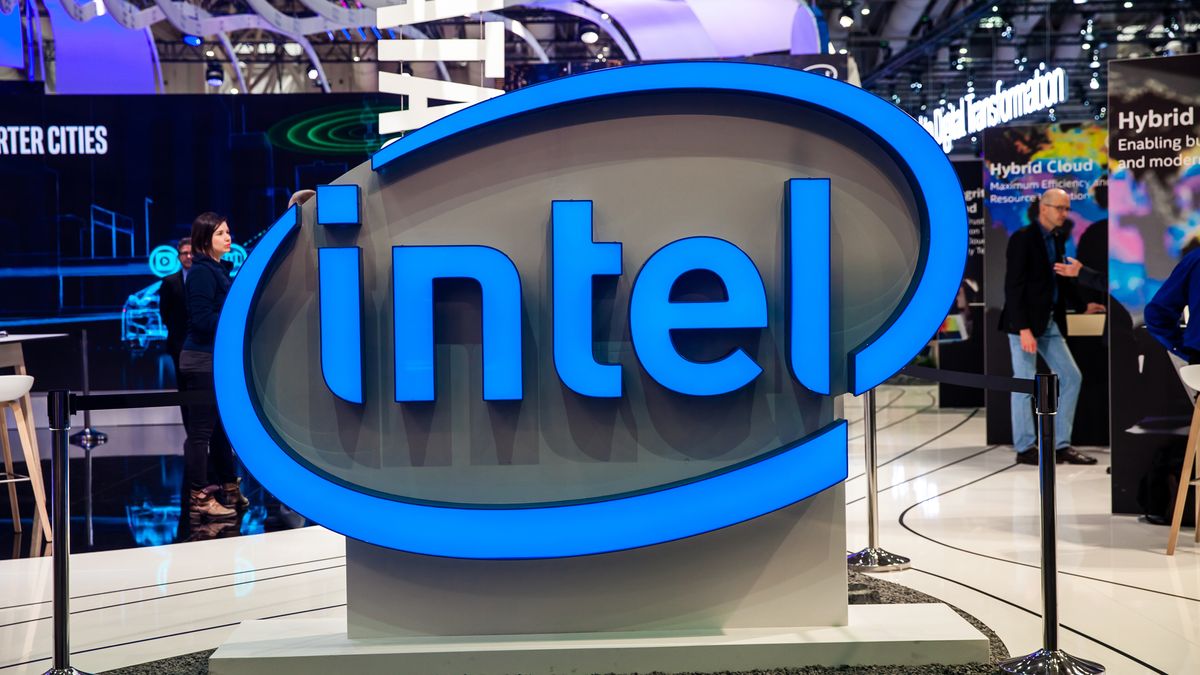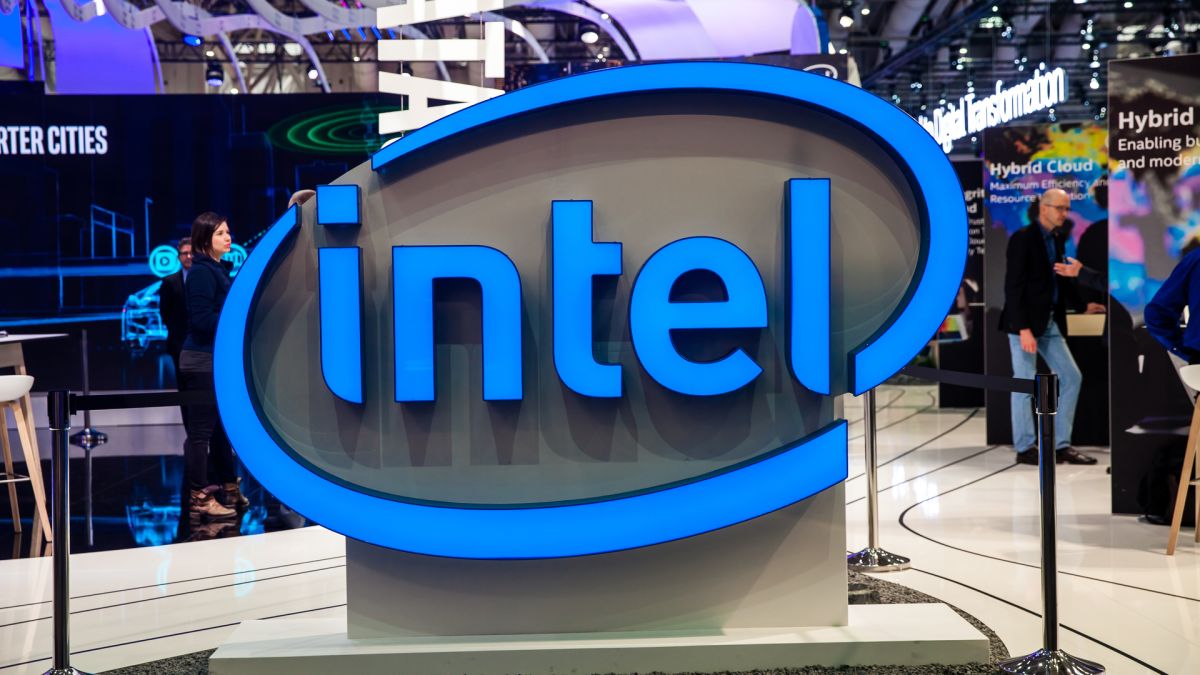
Intel is selling more laptop CPUs than ever, thanks to increased demand in the mobile PC market driven by the boom in the pandemic-era at-home workforce and distance learning needs.
In an earnings call this week, Intel CEO Pat Gelsinger said: “The PC ecosystem, in particular, is experiencing a resurgence. This remote work and learning dynamics of COVID led to more PC shipments in 2020 than at any point since 2012, and that’s continuing. 2021 is shaping up to be the largest PC market ever. In fact, we shipped more notebook CPUs in Q1 than in any other quarter in our history.”
While Intel didn’t provide a concrete volume figure for its laptop CPU sales during the earnings call, PCMag dug into Intel’s most recent US Securities and Exchange Commission filing and found that Intel saw about a 54% increase in mobile processor shipments, year-over-year.
Those numbers don’t translate directly into higher profit, though, since the average price-per-chip in Q1 2021 was also down by about 23%, largely due to cheaper processors used in Chromebooks, whose use by schools across the world soared thanks to the COVID pandemic.
On the flipside, Intel’s desktop processor shipments were down by about 4%, year-over-year, and its data center group saw a 20% decrease in revenue in Q1. Overall, Intel revenue was down about 1% from Q1 2020.
Intel still leads AMD in mobile computing, but challenges loom large
While Intel may be shipping a record number of laptop CPUs, it is facing increasing pressure from archrival AMD, who overtook Intel in desktop CPU market share earlier this year, according to Passmark Software’s CPU benchmark survey, before slipping back slightly into second place more recently.
While desktop processors have more of a prestige factor to them, mobile CPUs might matter more in the long run as more people opt for laptops over desktop PCs, especially as laptops become more powerful than ever. Intel still holds a dominating position in the laptop CPU market, with about 77% market share.
This advantage is even greater in the server CPU market, where Intel has nearly 96% of the market to itself. It remains to be seen how AMD’s EPYC CPUs do in the years ahead and now with Nvidia entering the server CPU ring with its upcoming Nvidia Grace CPUs, Intel will have to fend off two challengers in this market. Intel says it isn’t scared, but there’s no question that they’ll have a big fight on their hands in the years ahead.
